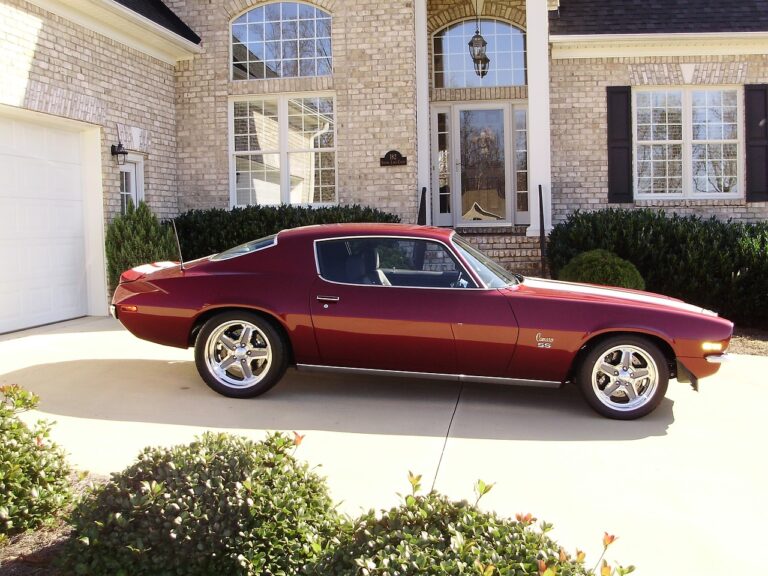The Evolution of Car Subscription Models: Peer-to-Peer Rentals
Traditional car ownership has long been the norm for individuals seeking a reliable means of transportation. Owning a car provided a sense of independence and convenience, allowing people to travel at their own leisure without the constraints of public transportation schedules. It offered a sense of pride and accomplishment to own a vehicle, symbolizing a form of success and stability in one’s life.
In the past, owning a car was seen as a necessity rather than a luxury for many households. The ability to commute to work, run errands, and go on road trips was all made possible through traditional car ownership. However, as technology and societal norms have evolved, the concept of car ownership is undergoing a significant shift with the rise of alternative mobility solutions such as car subscription services.
• As technology advances, traditional car ownership is no longer the only option for individuals
• Car subscription services offer a flexible alternative to owning a vehicle
• The rise of ride-sharing and carpooling has also contributed to the evolution of transportation options
• Environmental concerns have led many people to explore more sustainable modes of travel than traditional cars
Benefits of Car Subscription Models
Car subscription models offer customers a convenient and flexible alternative to traditional car ownership. With a subscription service, individuals can access a variety of vehicles based on their current needs and preferences. This allows for greater flexibility in terms of switching between different car models without the long-term commitment of owning a vehicle.
Moreover, car subscription services often include additional benefits such as maintenance, insurance, and roadside assistance as part of the monthly fee. This can provide peace of mind for subscribers knowing that these essential services are taken care of by the provider. Additionally, the ability to easily upgrade or downgrade to a different vehicle within the subscription service can cater to changing lifestyle and transportation needs.
Challenges Faced by Car Subscription Services
Car subscription services are not without their fair share of challenges. One major obstacle faced by these services is the struggle to make the financial model sustainable. With fluctuating market demands and unpredictable operating costs, car subscription companies often find it challenging to strike a balance between offering competitive pricing to customers and maintaining profitability.
Moreover, another key challenge is the need to adapt to rapidly changing consumer preferences and behavior. As the automotive industry continues to evolve and technology advancements shape how people perceive car ownership, subscription services must continuously innovate to meet the ever-changing needs of their target market. Failure to stay ahead of these trends could lead to a decline in customer interest and a loss of competitive edge in the market.
What is the evolution of traditional car ownership?
Traditional car ownership involves purchasing a vehicle outright or through financing, and taking responsibility for maintenance, insurance, and other expenses. Car subscription services offer an alternative to this model.
What are the benefits of car subscription models?
Car subscription models offer flexibility, convenience, and cost savings compared to traditional ownership. Subscribers can switch between vehicles, avoid long-term commitments, and have expenses like maintenance and insurance bundled into one monthly payment.
What are some challenges faced by car subscription services?
Some challenges faced by car subscription services include regulatory hurdles, competition from traditional dealerships, customer education on the subscription model, and the need to continuously update and expand their vehicle fleets to meet customer demand.







